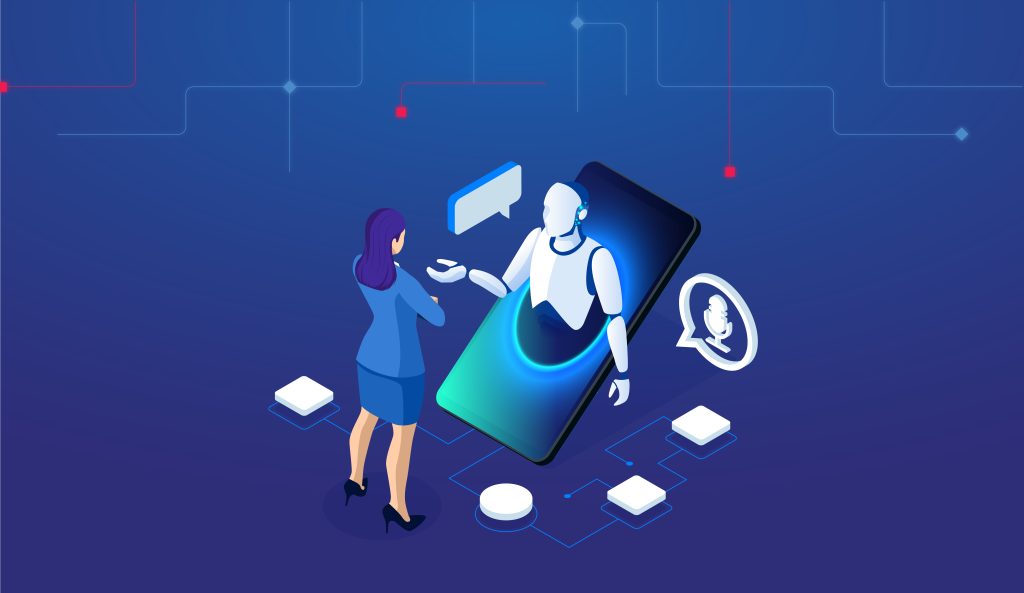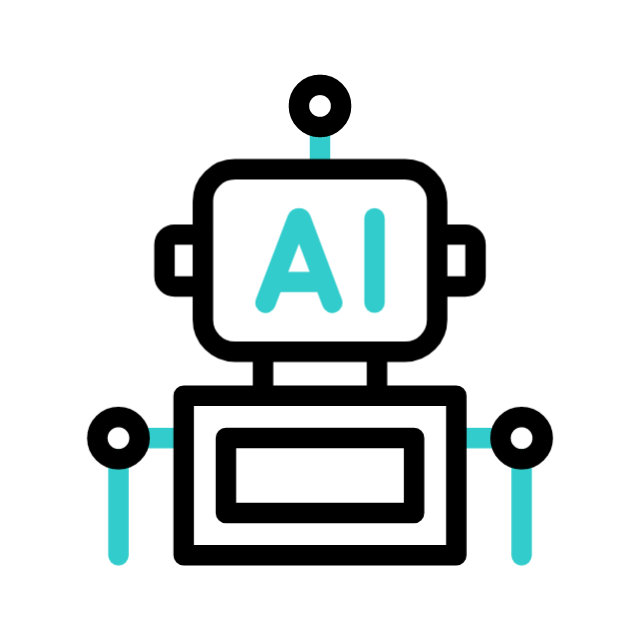
Artificial intelligence (AI) has rapidly integrated into nearly every aspect of modern life. One of the most visible ways AI is impacting daily life is through AI-powered virtual assistants. These assistants have evolved significantly from their early versions and are now capable of performing tasks that make our personal and professional lives more efficient. From voice-activated help to intelligent automation, AI-powered assistants are revolutionizing the way we interact with technology.
The Rise of Virtual Assistants: From Early Beginnings to AI Integration
Virtual assistants have come a long way since their inception. Early versions of virtual assistants, like Microsoft’s Clippy in the 1990s, were simple, rule-based systems that offered limited help. Over time, AI-driven technologies transformed virtual assistants into more sophisticated tools capable of understanding natural language, predicting user needs and learning from interactions.
One of the first notable breakthroughs in virtual assistance came in 2011, when Apple introduced Siri. Siri leveraged natural language processing (NLP) to allow users to interact with their devices using voice commands. This laid the foundation for other AI-powered assistants like Google Assistant, Amazon Alexa, and Microsoft Cortana. Today, these assistants are embedded in smartphones, smart speakers, and even cars, assisting users with everything from scheduling appointments to controlling smart home devices.
How AI-Powered Assistants Work: The Technology Behind the Magic
AI-powered virtual assistants function through a combination of machine learning, natural language processing, and artificial intelligence. These technologies work together to interpret and respond to user commands in real-time.
- Natural Language Processing (NLP): NLP allows virtual assistants to understand and interpret human language. By analyzing syntax, grammar, and semantics, AI systems can comprehend user requests and translate them into actions. This enables AI assistants to have more natural, conversational interactions with users.
- Machine Learning (ML): Machine learning helps AI-powered assistants improve over time. Through continuous use, they collect data and learn from previous interactions. This learning process allows the assistants to predict user preferences, making future interactions smoother and more personalized.
- Voice Recognition: Voice recognition technology enables virtual assistants to identify the specific voice of a user. Advances in speech-to-text technologies help AI assistants accurately interpret voice commands, even in noisy environments.
By combining these technologies, AI assistants can manage complex tasks, set reminders, answer queries, and even engage in small talk, making them indispensable tools for many users.

AI-Powered Assistants in Daily Life: Convenience and Efficiency
AI-powered assistants have quickly become an integral part of modern life due to their ability to save time and increase efficiency. From personal use to business applications, AI assistants perform a variety of tasks:
- Personal Assistance: Virtual assistants like Amazon Alexa and Google Assistant are helping individuals with day-to-day tasks. Users can ask these assistants to play music, control smart home devices, set reminders, or provide weather updates. Statista reports that over 4.2 billion digital voice assistants are used globally, and this number is expected to reach 8.4 billion by 2024 .
- Professional Efficiency: AI-powered assistants are also transforming workplaces. Tools like Microsoft Cortana and Google Assistant help professionals streamline workflows, schedule meetings, organize emails, and perform routine administrative tasks. Gartner predicts that by 2025, over 50% of knowledge workers will use virtual assistants to enhance productivity .
- Customer Service: Many companies now use chatbots and AI assistants to manage customer service queries. These AI systems can handle common customer requests 24/7, providing quick responses and reducing the need for human intervention. This improves the overall customer experience while also reducing costs for businesses.
The Future of AI-Powered Assistants: Advancements and New Applications
As AI technology continues to advance, the capabilities of AI-powered assistants are expected to grow. Several areas hold significant potential for future developments:
- Contextual Understanding: Future virtual assistants will likely possess a deeper understanding of context, allowing them to provide more intuitive responses. This means AI assistants will be able to anticipate user needs and provide more meaningful suggestions based on previous interactions and environmental factors.
- Emotional Intelligence: AI-powered assistants are being developed to recognize emotional cues in user interactions. By analyzing tone, word choice, and context, virtual assistants may soon be able to adapt their responses to suit the emotional state of the user, making interactions more human-like.
- Augmented Reality (AR) Integration: Virtual assistants are also being integrated with augmented reality devices, such as smart glasses. This would allow users to interact with AI assistants through AR interfaces in real-time, providing hands-free assistance for tasks like navigating directions or troubleshooting technical issues.
Privacy and Security Concerns: Are AI-Powered Assistants Safe?
While the benefits of AI-powered assistants are undeniable, their growing presence raises concerns around privacy and data security. Since these virtual assistants are constantly listening for voice commands, they collect vast amounts of user data, including personal preferences, voice recordings, and behavioral patterns.
A major concern is how companies handle and store this data. In 2019, Amazon faced criticism when it was revealed that third-party contractors were listening to users’ Alexa recordings without their knowledge . This led to widespread concern about the level of access companies have to private conversations.
To address these concerns, tech companies are implementing stricter privacy protocols. Users now have the option to delete voice recordings, and some virtual assistants provide more transparency around data collection and storage. However, the debate over balancing convenience with privacy continues.
Conclusion: AI-Powered Assistants Are Here to Stay
AI-powered virtual assistants have evolved from simple digital helpers into essential tools that improve both personal and professional efficiency. As AI continues to develop, virtual assistants will become even more integral to daily life, helping users navigate tasks, automate processes, and streamline workflows.
However, with this increasing reliance on AI-powered assistants comes the need for thoughtful consideration of privacy and security. By prioritizing transparency and ethical use, companies can ensure that AI assistants remain beneficial without compromising user trust.
Whether you’re setting up a smart home or using AI to manage your day at work, virtual assistants represent a new era of convenience and connectivity, powered by artificial intelligence.


